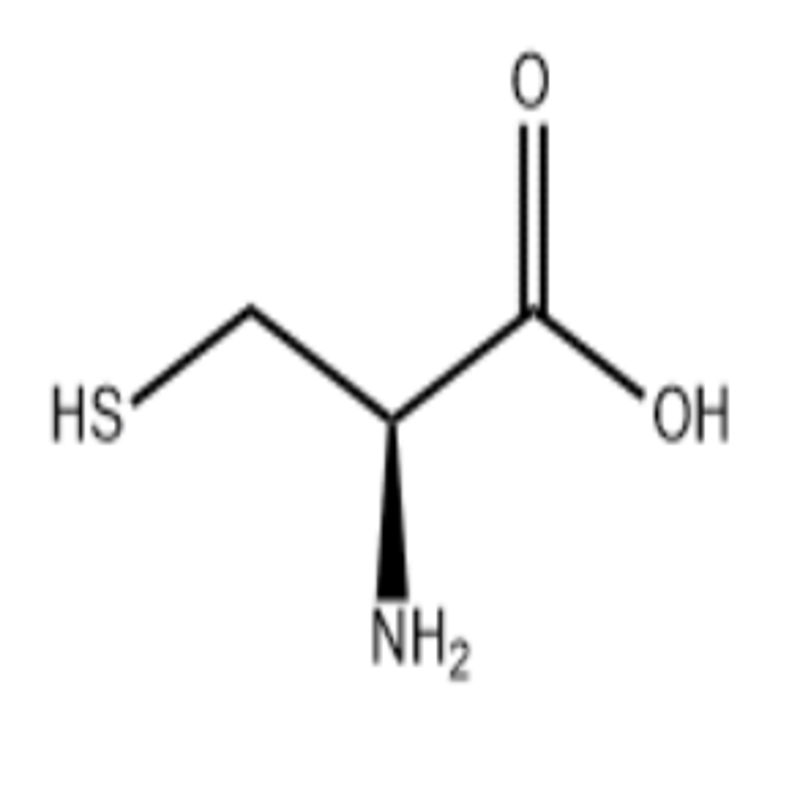Scientists have discovered new mechanisms for memory extraction
-
Last Update: 2021-03-05
-
Source: Internet
-
Author: User
Search more information of high quality chemicals, good prices and reliable suppliers, visit
www.echemi.com
Institute of Zoology of the Chinese Academy of Sciences revealed on the 19th, led by the institute's researcher Xu Lin learning memory research laboratory, in close cooperation with a number of scientific research units, found a new phenomenon of memory "rapid generalization." By revealing its neural loop mechanism, the "rapid generalization theory hypothesis" of memory extraction is proposed. The results of the study were published in
on the 19th.
memory has three processes of coding, storing and extracting. One of the ultimate future goals in neuroscience is to reveal the neural mechanisms of memory storage and extraction. At present, a series of research results have been made on the neural mechanisms of memory coding and storage, but little is known about the neural mechanisms of memory extraction.
"Memory Coding Accuracy Theory" holds that the most effective memory extraction is the same conditions when using coding, including the geographical location of coding, the surrounding environment, and the physical and psychological state of the individual. This phenomenon is called "precise extraction of memory". However, as the ancient Greek philosopher Heracliott famously said, "no one can walk into the same river twice", because rivers and people change over time, that is, the precise extraction of memory is rare. In most cases, the extraction of memory depends on generalization, i.e. the use of partial matching or similarity of encoded extracts to extract memory. In a sense, understanding the "generalization extraction mechanism of memory" answers the extraction mechanism of memory in most cases.
, past studies have found that it takes 2-4 weeks for memory to form a generalized extraction capacity. Because of its similarity to the storage time of memory, many theoretical hypothories suggest that the generalization of memory extraction capacity is slowly formed. Zhou Heng, Ph.D., of the Kunming Animal Learning Memory Laboratory, and others found that the generalization of memory can be formed within 24 hours or even faster, and they named the new discovery "rapid generalization" of memory extraction, and found a rapid generalization of the neural loop mechanism. The findings provide a theoretical basis for understanding the rationale for neurological disorders associated with memory abnormalities.
Alzheimer's disease or Alzheimer's disease (AD) is one of the focus of global attention, and there is still a lack of effective prevention and treatment measures. Clinical studies have shown that the generalization of memory extraction has been severely impaired when the "accurate extraction of memory" in early AD patients has not been affected. Conversely, irresistible disasters such as wars and earthquakes lead to post-traumatic stress syndrome, one of the clinical characteristics of which is that when a patient experiences similar environmental conditions in a disaster, the fear scenario of an uncontrolled "replay" of the experience in the brain is accompanied by mood changes, which is a typical example of excessive generalization of memory extraction.
, early stress life events can lead to the formation of "negative memories" such as despair, self-blame, and self-inditation, which are closely related to the occurrence of depression. According to Zhou Heng and other rapid generalization theory hypothesis, it can be speculated that "negative memory" may be transferred from the past to real life, leading to "automatic negative thinking". This over-generalization of memory extraction may be a feature of cognitive patterns in patients with depression. In daily life, people know the importance of "first impression" as a memory, which unknowingly affects people's subsequent cognitive patterns and is also a general phenomenon of memory extraction. Zhou Heng and others found rapid generalization of neural mechanisms and proposed theoretical hypothosis, or to understand the physiological and pathological conditions of the brain's working patterns to provide a new way of thinking.
The research results were completed by Kunming Animal Institute, China University of Science and Technology, Tongji University, Fudan University, Wuhan Institute of Physics and Mathematics of the Chinese Academy of Sciences, Xiangya Annex II of Central South University, Haifa University of Israel, Center for Excellence in Brain Science and Intelligent Technology innovation of the Chinese Academy of Sciences, Kunming Animal Institute - Suzhou University School of Pharmacy joint laboratory. (Source: China News Network, Ma Wei)
This article is an English version of an article which is originally in the Chinese language on echemi.com and is provided for information purposes only.
This website makes no representation or warranty of any kind, either expressed or implied, as to the accuracy, completeness ownership or reliability of
the article or any translations thereof. If you have any concerns or complaints relating to the article, please send an email, providing a detailed
description of the concern or complaint, to
service@echemi.com. A staff member will contact you within 5 working days. Once verified, infringing content
will be removed immediately.







